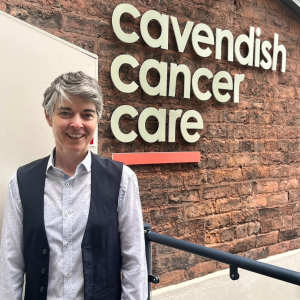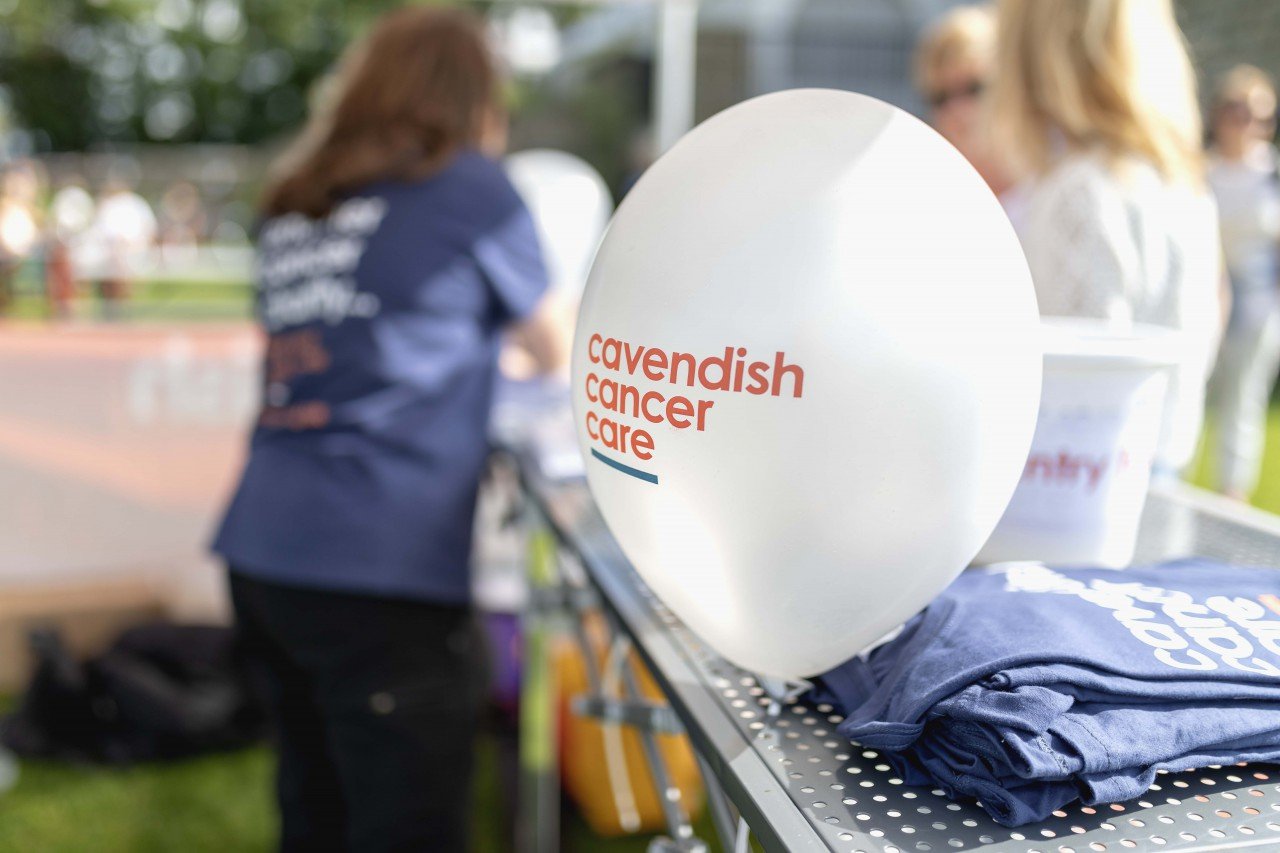Meet the Therapist blog: Michelle Esberg
April 19, 2024
Hi Michelle. It’s quite an unusual job you have! Can you tell us how you got into it?
Yes, it certainly is, people are never short of questions when I tell them what I do! I originally trained as a nurse, working in mental health nursing. I gradually became attracted to holistic ways of working – looking at the needs of the whole person rather than just one element of their health. My own practice in yoga led to an interest in Shiatsu massage, and then I tried acupuncture for myself when I was suffering with depression.
After that I was hooked and I became a qualified Shiatsu practitioner in 1999 and in 2005 I completed all the training required to become a member of the British Acupuncture Council. I previously worked for Cavendish back in 2008 , left to establish a private practice and then rejoined again in 2023!
Do you need certain qualifications to practice in Acupuncture?
Acupuncture is not regulated by law in the UK, so you do need to be careful when selecting a practitioner. There are voluntary registers such as the British Acupuncture Council, which has recently been regulated by the Professional Standards Authority. If a practitioner is on this register, then you know they have completed the qualifications and ongoing continued professional development required to be a member. Many therapies are unregulated in the UK, which is concerning, however at Cavendish all therapists are expected to have qualifications or registration in their chosen discipline, backed up by significant clinical experience.
Can you tell us briefly what acupuncture is?
Traditional Chinese acupuncture involves inserting very fine needles into certain points on the body to balance energy flow around the body. The belief is that if the flow of energy or life force around the body, known as Qi, is disrupted this can lead to illness or pain. Acupuncture works with energy within our body. Inserting very fine needles into points through the body helps to bring balance and move the energy, energy blockages.
How can acupuncture help a client who is attending Cavendish Cancer Care?
A lot of people come here struggling with hot flushes and hot sweats because of cancer treatment or medication and acupuncture can work well for that. It can also help with anxiety, fatigue, nausea, and insomnia – all things that we see people suffering with because of a cancer diagnosis or the after-effects of treatment. Acupuncture also enhances wellbeing and relaxation. It’s about treating the whole person and gives people time for themselves.
What does acupuncture feel like? Does it hurt?
No, it shouldn’t hurt. My style is very gentle, I use very fine needles and they go in very quickly You don’t need to leave the needles very long for them to have an effect.
Tell us a bit about Shiatsu, what’s that all about?
Shiatsu works on the same principles as acupuncture – it’s about freeing up energy flow around the body. It is done fully clothed and is more about movement of the body than massage The therapist applies gentle pressure to the meridian lines and there are some gentle rotations. People are surprised by how relaxing it is. The rocking movements are great for activating the parasympathetic nervous system, which is responsible for stimulation of many bodily functions including digestion.
What is the best part of being a therapist here at Cavendish Cancer Care?
I just love working with all sorts of different people and every client is so inspiring. Everyone who comes here is on some sort of journey and it’s a privilege to help them in some way. I also like that this is a free service due to Cavendish being a charity. Acupuncture and Shiatsu can be very expensive to access so this is a way for people to access it who might not have the funds to be able to pay privately.


